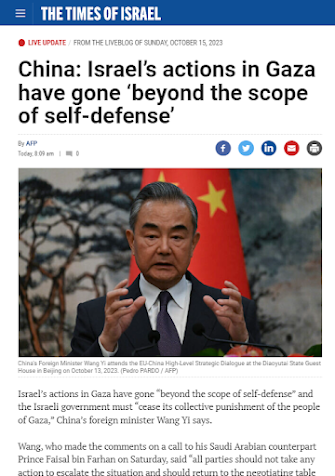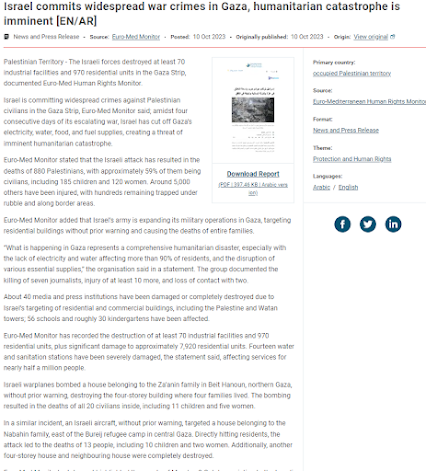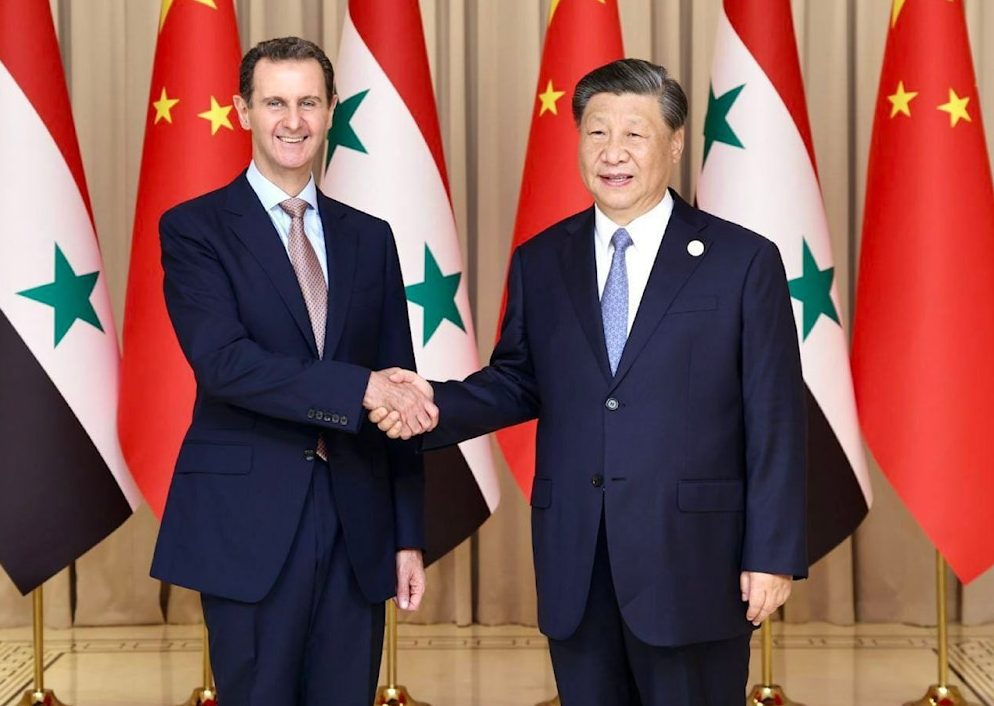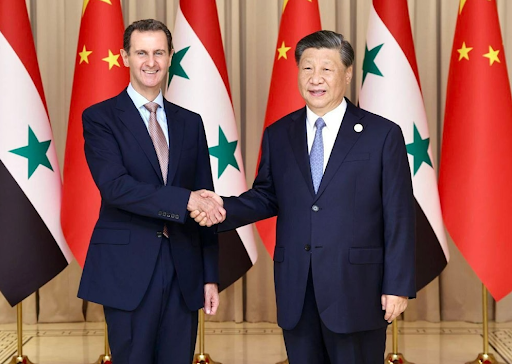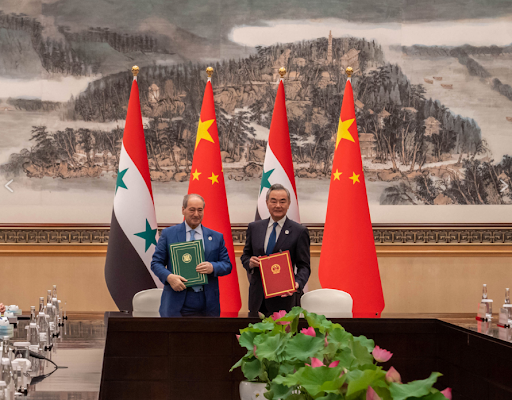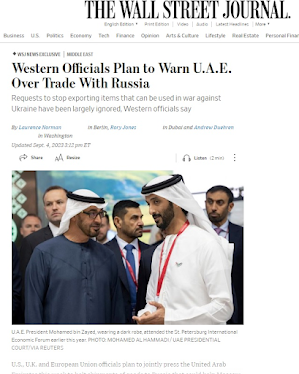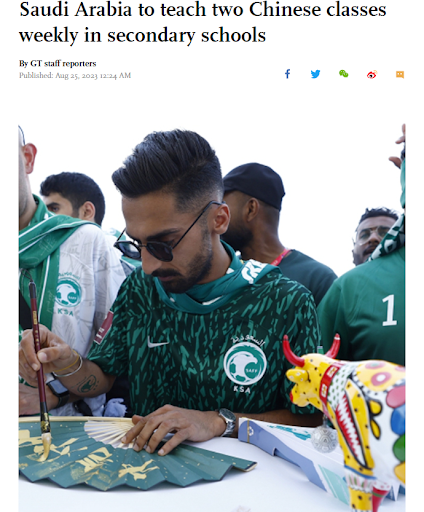
China says Israel acting 'beyond scope of self-defense'
The Chinese Foreign Minister, Wang Yi, confirmed in a phone call with the Saudi Foreign Minister, Faisal bin Farhan, that the historical injustice against Palestine cannot continue.
The Chinese Foreign Ministry quoted Wang Yi as saying that China is "currently working closely with all parties to strengthen the ceasefire and end the war."
According to him, the top priority is “ensuring the safety of civilians, opening humanitarian aid channels as quickly as possible, and protecting the basic needs of the residents of the Gaza Strip.”
The Chinese minister stressed that his country "believes that the historical injustice that has been occurring against Palestine for more than half a century cannot continue," noting that the Israeli government must stop "collective punishment" of the residents of Gaza.
Wang Yi pointed out that "the parties should not take any action that would lead to an escalation of the situation," calling for the start of "negotiations."
In turn, Ibn Farhan indicated that Saudi Arabia opposes Israel’s forced resettlement of Gaza residents outside the region.
The Saudi Minister urged the People's Republic of China, by virtue of its role as a permanent member of the Security Council, to work to ensure that the Council fulfills its responsibility to maintain international peace and security by pushing for "an immediate cessation of military operations and lifting the siege on Gaza."
Earlier today, state-run CCTV announced that Chinese envoy to the Middle East, Zhai Jun, will visit the region next week in an attempt to reach a ceasefire and launch peace talks.
It is noteworthy that last Friday, Israeli media reported that an Israeli employee at the embassy in the Chinese capital, Beijing, was stabbed outside the embassy area.
It is worth noting that, in the wake of the “Al-Aqsa Flood” epic, China called for “a ceasefire, the protection of civilians, and an end to the Palestinian-Israeli conflict, through a two-state solution and the establishment of an independent Palestinian state,” as it said.
The United States of America considered this position “disappointing,” as the Majority Leader of the US Senate, Chuck Schumer, demanded, during his visit to Beijing, “the necessity of issuing a statement explicitly condemning the Hamas movement, due to the attack it launched a few days ago.”
In turn, the American newspaper Politico commented on the Chinese position, saying that Beijing “apparently has decided that the path to a greater global presence passes through Palestine,” regardless of the “blows” it will receive from the West, because of what the newspaper described as "Leniency" with Hamas.

